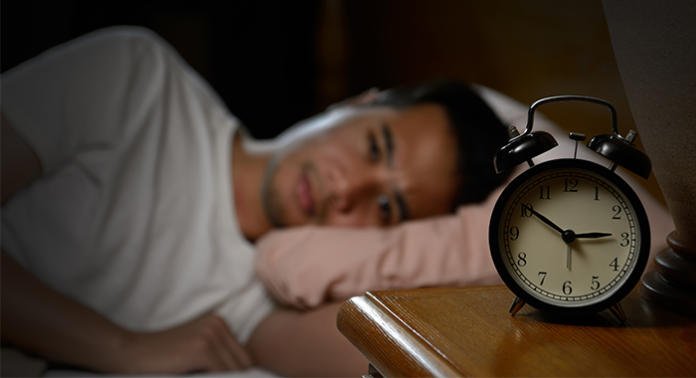2020, unfortunately, has been a year that has not brought us much happiness, and for a significant proportion of individuals, sleep disturbances have added to their woes.
The lockdowns imposed to prevent the spread of the novel coronavirus, Sars-CoV-2, have led to significant behavioural changes and adaptations to help individuals optimise their productivity, which in turn, have affected normal physiological processes related to health.
Circadian rhythm disturbances:
Most mammals have a circadian body clock which rhythmically has sleep and wake cycles. In humans, eight hours of sleep is considered the average requirement for most individuals, and the presence of cues such as external light and temperature influence such cycles.
In the pre-Covid era, the timing, duration and regularity of sleep in most individuals was determined by rigid schedules related to work or study.
Post-lockdown, this has been left to the vagaries of the demands of the new normal, and this has caused circadian disturbances.
Work/study from home is relatively unstructured, and the increased digital media/backlit device exposure leads to the biological clock getting mixed signals about day-night transition, often leading to delays in sleep onset.
A survey conducted among 1 511 participants in India revealed that younger individuals and women were more susceptible to these changes, causing a state of “social jetlag”.
When conventional gender roles are in play, working women have to multitask between household and work responsibilities, in addition to assisting younger kids with online school, and this possibly explains why their sleep schedules have been most disrupted.
What has also been reported in studies is that despite sleeping for longer hours, individuals often report a poorer quality of sleep, resulting in feeling less rested.
Insomnia:
Social isolation, financial/job insecurity, stigmatisation of individuals with Covid-19, the constant media exposure to reports of rising infections and deaths, and stories of near and dear ones succumbing to the disease all lead to a sense of helplessness, anxiety and depression.
Insomnia is a common manifestation of depression, and as treating physicians, we have experienced a significant proportion of individuals report the symptom during the lockdown.
In addition, post-traumatic stress disorder, anxiety and depression, which were reported in up to half of all individuals who suffered from Sars infection in 2003 are likely to affect an equally high percentage of individuals who have had Covid-19, and insomnia is being recognised as a frequent symptom of what is now being called “long Covid”.
A psychological evaluation should be considered in all individuals who are experiencing insomnia, and the temptation to consume sedatives in a knee-jerk manner must be avoided.
The elderly are especially vulnerable, and careful attention must be paid to any elderly person who has had new-onset insomnia during the lockdown.
Sleep apnea:
Sleep apnoea is one of the commonest sleep disorders in the population, affecting up to 10% of adults.
Inactivity, weight gain, alcohol consumption are all risk factors for obstructive sleep apnoea, and lockdowns, by limiting one’s activity outside the home along with binge eating/snacking and drinking might worsen pre-existing sleep apnoea, or cause it in individuals who have significantly gained weight during the lockdown.
Individuals who snore loudly, especially if they have high blood pressure or other cardiovascular disease must be assessed for sleep apnoea.
The importance of sleep to maintain health cannot be overemphasised. It plays an important role in immunity and in recovery from infections.
Simple measures that can be employed to ensure sleep hygiene during the lockdown would be maintaining a structure to one’s day and having a constant sleep-wake time, avoiding bright lights in the form of devices close to bedtime, keeping the bedroom as dark as possible, avoiding caffeinated beverages for 6 to 8 hours before bedtime, exercising in the morning and avoiding excessive amounts of alcohol.
If, despite these measures, one fails to ensure an adequate quantity and quality of sleep, seeking professional help to address the potential underlying causes would be prudent.
(The author Dr Lancelot Pinto is a consultant pulmonologist and epidemiologist at P.D. Hinduja National Hospital, Mumbai)















